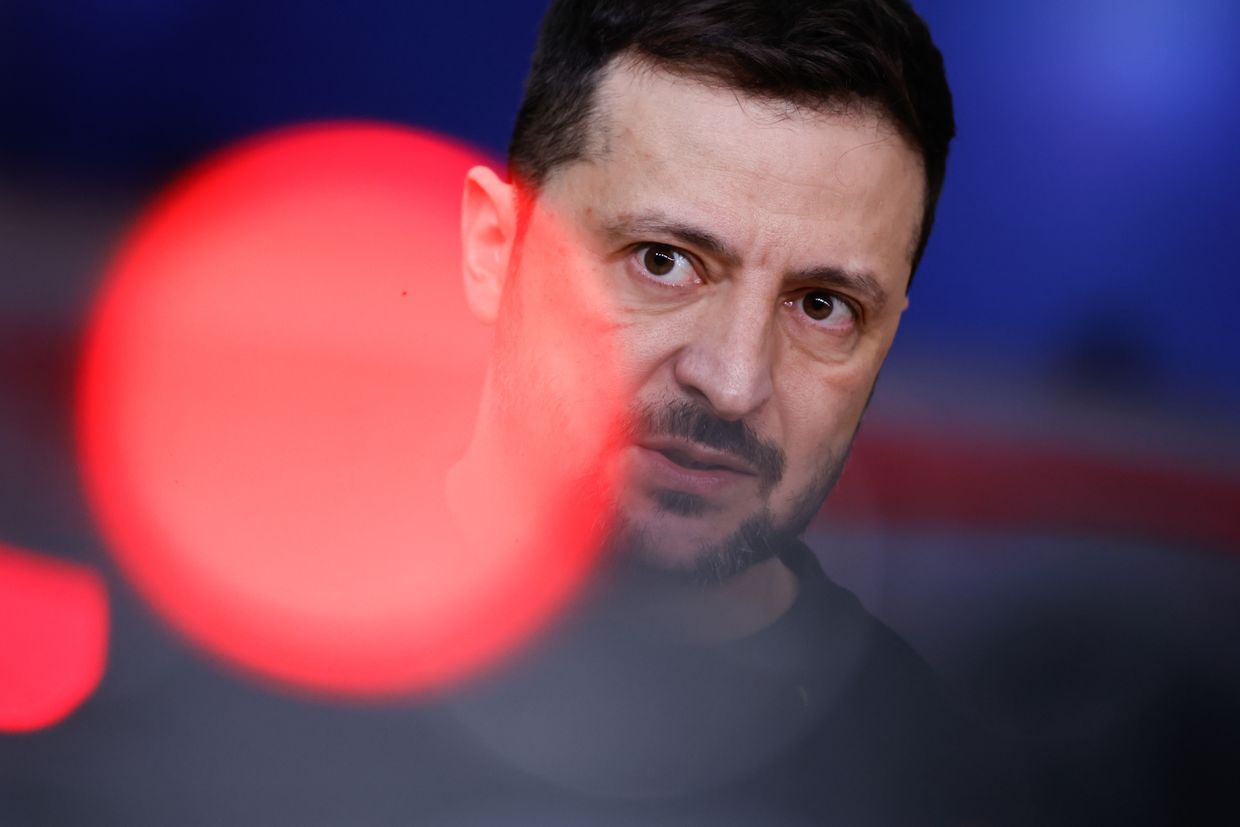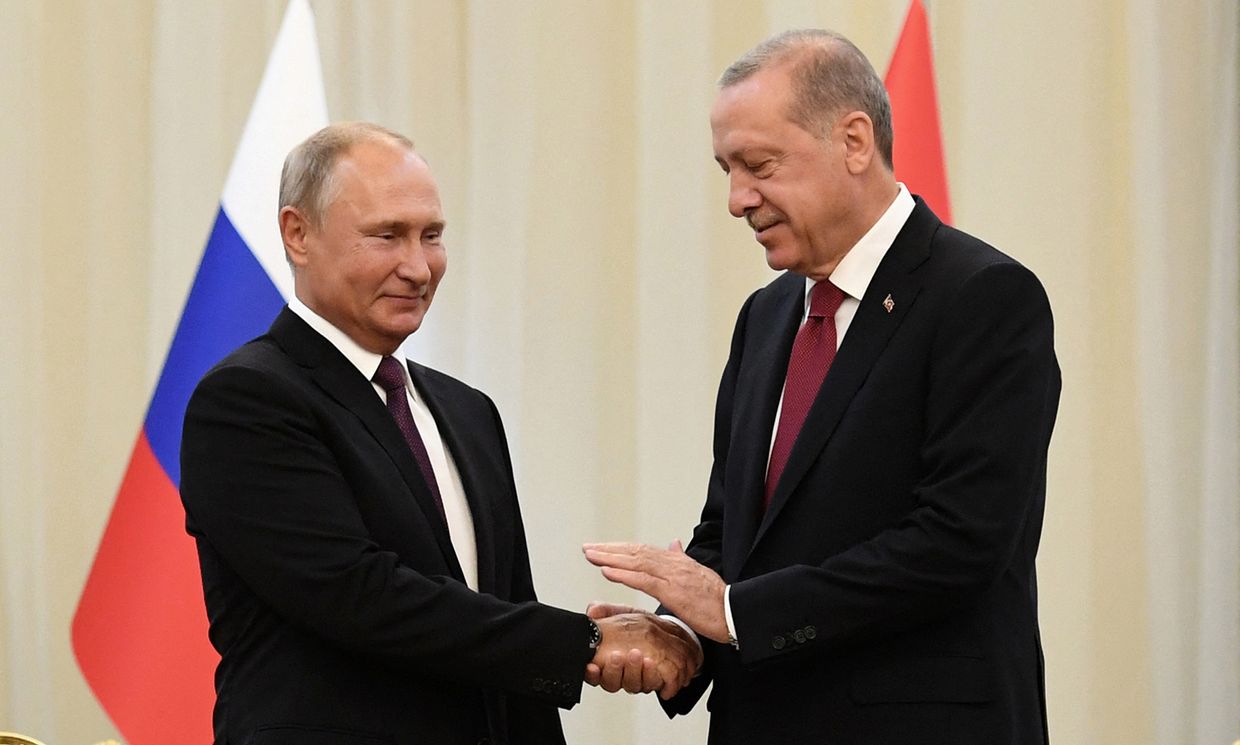A U.S. Justice Department investigation found that Russia funneled billions of dollars through American banks to Turkey in 2022, using the Akkuyu nuclear power plant project as cover to evade sanctions, according to the Wall Street Journal (WSJ).
JPMorgan Chase and Citigroup facilitated more than $5 billion in transfers linked to the Russian-backed project, with at least $2 billion later frozen by U.S. authorities.
The Justice Department suspects the scheme was orchestrated at the highest levels in Moscow, with the Bank of Russia secretly funding a $9 billion loan through Gazprombank. This allowed Russian money to flow into Turkey while avoiding direct transactions with sanctioned entities. Officials believe the transfers were designed not just for nuclear construction but also to create an offshore dollar reserve for Russian state initiatives.
Despite prosecutors’ efforts to seize the frozen funds in 2024, the Biden administration halted the case, fearing diplomatic fallout with Turkey, a NATO ally.
The White House and State Department worried legal action could strain cooperation on prisoner exchanges, counterterrorism, and Middle East stability. A key concern was the suspected involvement of Turkish intelligence chief Ibrahim Kalin and former finance minister Nureddin Nebati in facilitating the payments.
Turkey, unlike other NATO members, has refused to impose sanctions on Russia and has expanded trade with Moscow while simultaneously providing weapons to Ukraine. The country’s financial system benefited from the Russian transfers as the Turkish central bank sought to stabilize the lira amid inflation.
With the case now on hold, the Trump administration must decide whether to pursue action. During his first term, tensions flared between Washington and Ankara over sanctions violations involving Turkey’s state-owned Halkbank.














